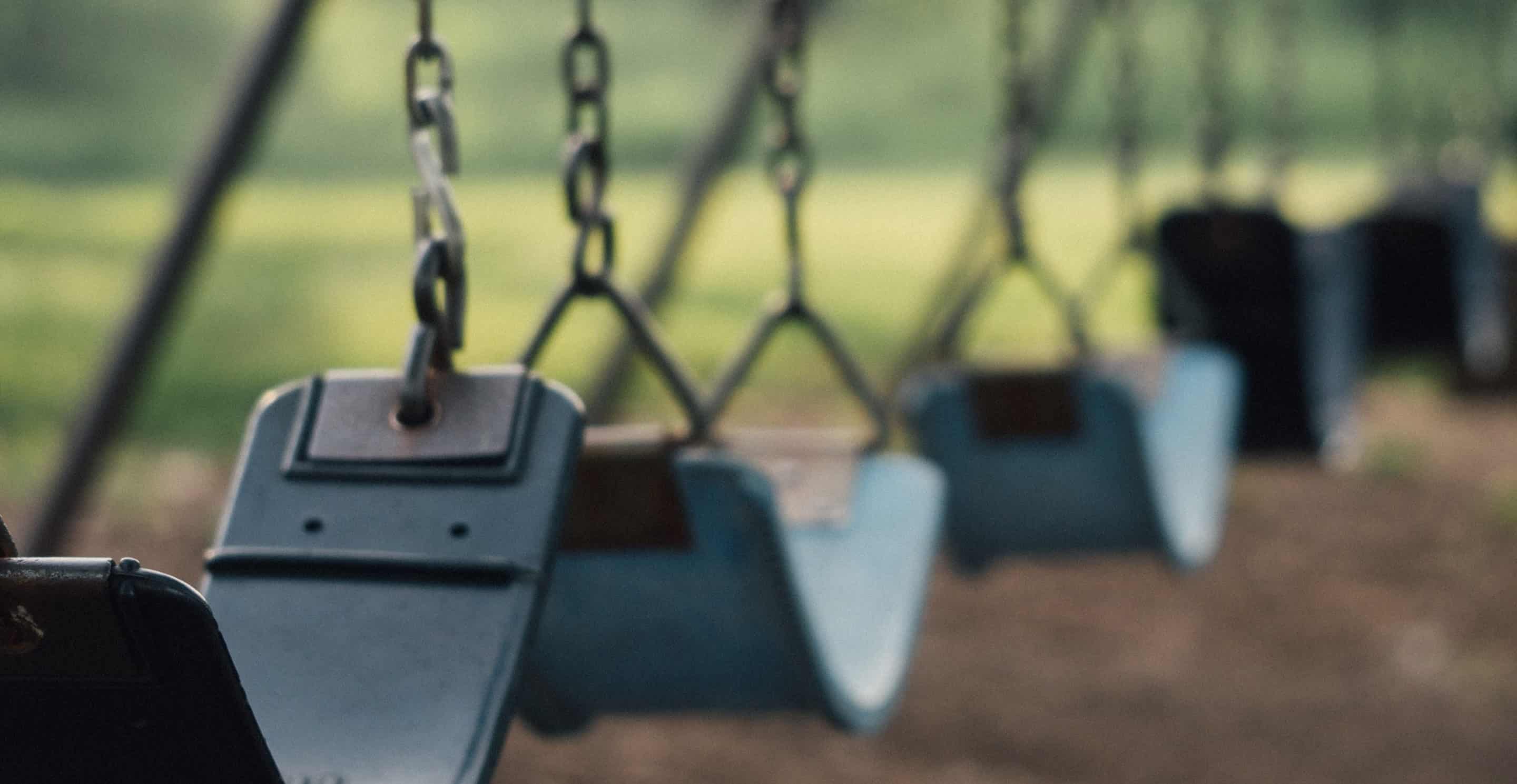
After School
School is back in session! So much excitement; a new classroom, new supplies & backpack, new clothes, a whole new grade and new friends to make. But it can also be a tough transition for some children. Is your child excited about all the possibilities and opportunities or is he having a hard time? Does your child have a rough time adapting to new situations or get overwhelmed easily?
Some of our kids can jump right into a changing schedule, and some need time to get used to a new routine. Then there are our kids who hold their big emotions in all day long, trying to behave their best at school while inside they are quaking. These kids come home where they feel safest and let it all loose. They may tantrum, cry over the slightest thing, or seem to “bounce off the walls.” You may see a completely different child than the one the teacher sees. When you contact the teacher, he may tell you your child is very well-behaved and not having any issues.
Many of our kids work so much harder than we realize just trying to hold in their impulses, trying to listen as hard as they can, trying not to wiggle too much in their seat, or trying to deal with all the different sensations piling up all day. A fire drill, a child screaming close to them on the playground, other children bumping into them in line, the bright lights, trying so hard to tune out papers rustling and other sounds to pay close attention to the teacher, etc. All of these experiences mound up during the day, and many of our kids need some decompression time after school.
What is decompression time for your child? This can vary from child to child. For some, they just need some physical activity. Others need to be alone for a little while. Zoning out with the television or computer games may be it. You will know when you start incorporating this designated cool down time in your child’s routine what works best for them. The one thing to be clear about is the amount of time you allow for this. Maybe a 10-15 minute stop at a playground on the way home. A bike ride around the block. Playing catch or basketball. Or a half hour alone time in her room to read or play. Whatever you decide on, be clear and stick to it. Physical activity especially packs a very good punch in releasing tension.
Remember there are other factors that may be impacting your child’s behavior such as social situations or being “hangry.” Does your child have an early lunch period or did he forget to bring his snack to school? A healthy snack to munch on could be the answer. In fact, crunchy or chewy foods that take a little work to eat tend to be organizing and focusing for many due to the same principle as heavy work’s impact on our bodies (see blog regarding Proprioception). Some examples are chewing gum, granola bars, pretzels, and carrots. Some people feel that homework should be tackled immediately while your child is in the school frame of mind, but that doesn’t work for everyone. Some of us just need a good break before we can concentrate on the work before us.
Give it some time, a good week or two, to decide if this is your child’s best way to decompress or if you need to try something else. It sends a child messages of respect and understanding when you recognize these needs, and it teaches him to be more self-aware. As our kids age, they will need to adopt their own strategies for managing their emotions, and helping them learn that they can have a measure of control could translate into establishing lifelong healthy habits.
Please contact our office or your therapist to learn more, 281-480-5648.
Nancy E.A. Weiss, MOT, OTR/L
